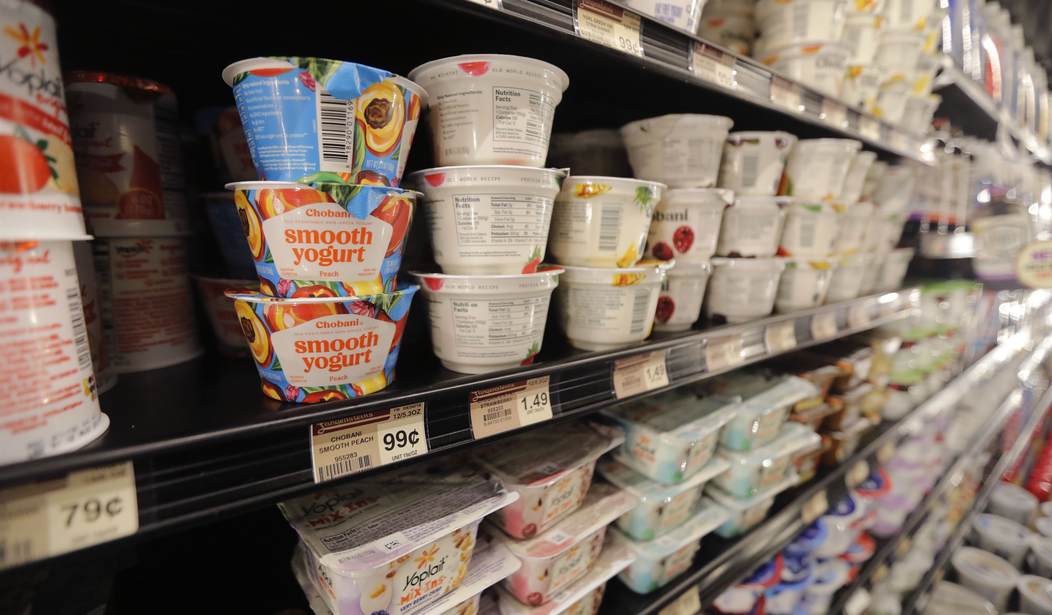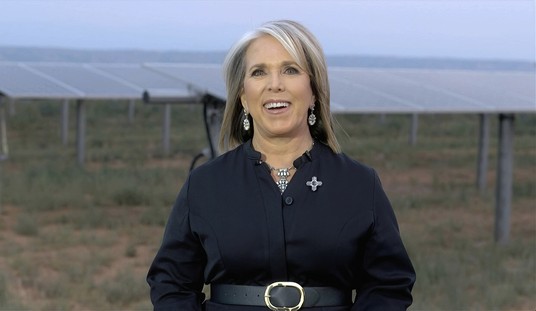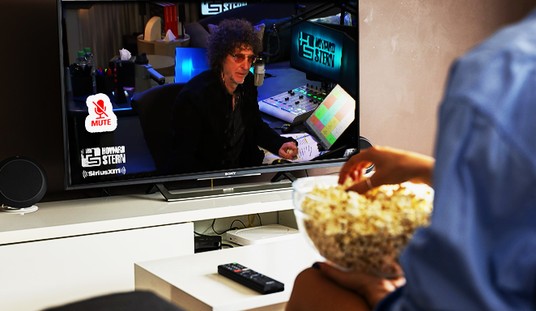Being an introvert, I was ecstatic when I first saw self checkout registers being installed in grocery stores. I already despised having to go to the store to do my shopping, but at least this would mean I could buy my eggs, milk, and other items without having to worry about unwanted conversations.
Yes, I know it sounds bad. But I can’t help myself.
However, it appears that many Americans disagree with me about self-checkout, according to a recent study conducted by Drexel University that found that consumers are souring on the idea. Researchers found that customers are becoming less loyal to stores with self-checkout systems, which raises interesting questions about the future of these devices in retail stores.
The study revealed that people feel more valued and rewarded when they interact with a person rather than a machine. The authors found that "customers feel more rewarded by a store" and "feel like they were treated more valuably' when using regular checkout because it involves less effort and cashiers handle the scanning, bagging, and payment process."
This sentiment seems to suggest a growing discomfort with the impersonal nature of the self-service devices. Being served and acknowledged by another person underscores the basic human desire for interaction and recognition, which is critical in building customer loyalty.
Another reason for the declining popularity of self-checkouts is that the labor has essentially been transferred from employees to the customers. In an effort to cut costs and streamline the store’s operations, self-service checkouts shifted the responsibilities of scanning, bagging, and payment to the consumer.
Extra effort required to checkout and bag purchases and the expectation of being served by the store were negative consequences of self-checkout and decreased loyalty to the store.
While self-checkout might streamline the shopping process, it appears many might feel it is a chore instead of a convenience, which would detract from the overall shopping experience.
On the business side of the matter, many stores are rethinking their use of self-checkout machines. While they have improved efficiency and decreased labor costs, they have also made it far easier for shoplifters to steal merchandise.
They have found that self-checkout leads to higher merchandise losses from customer errors, and more intentional shoplifting than when human cashiers are ringing up customers. One study of retailers in the United States, Britain and other European countries found that companies with self-checkout lanes and apps had a loss rate of about 4%, more than double the industry average.
The report also highlighted various companies that are moving away from self-checkout. These include toy retailer Five Below, Dollar General, and even Target, which has “restricted self-checkout to customers buying 10 items or fewer.”
Retailers like Walmart and ShopRite are also reassessing their checkout policies due to customer complaints and theft.
If the results of the study are accurate, it appears that more retailers will be rethinking their strategies regarding self-checkout systems. If they can increase customer loyalty by reverting back to having employees handling most of the checkout, perhaps people would be more willing to shop with these companies consistently.
This means retailers will have to find a way to maintain an acceptable level of efficiency and cost-saving benefits while ensuring that they are still paying attention to the human element that goes into people’s shopping decisions.
Despite the change in attitudes towards self-checkout, it is not likely that retailers will jettison the systems altogether. After all, there are still people like me who love self-checkout and don’t mind doing a bit of extra work to streamline the process and ensure that I am not inside the store one minute longer than I need to be. Of course, it’s even better to just order my groceries online and pick them up at the curbside. Isn’t technology wonderful?
In the future, we might just see hybrid models where people can still choose to interact with a cashier without waiting forever in line. Perhaps they might even find ways to make the self-service model more engaging and user-friendly. Either way, the results of Drexel University’s study are quite interesting.













